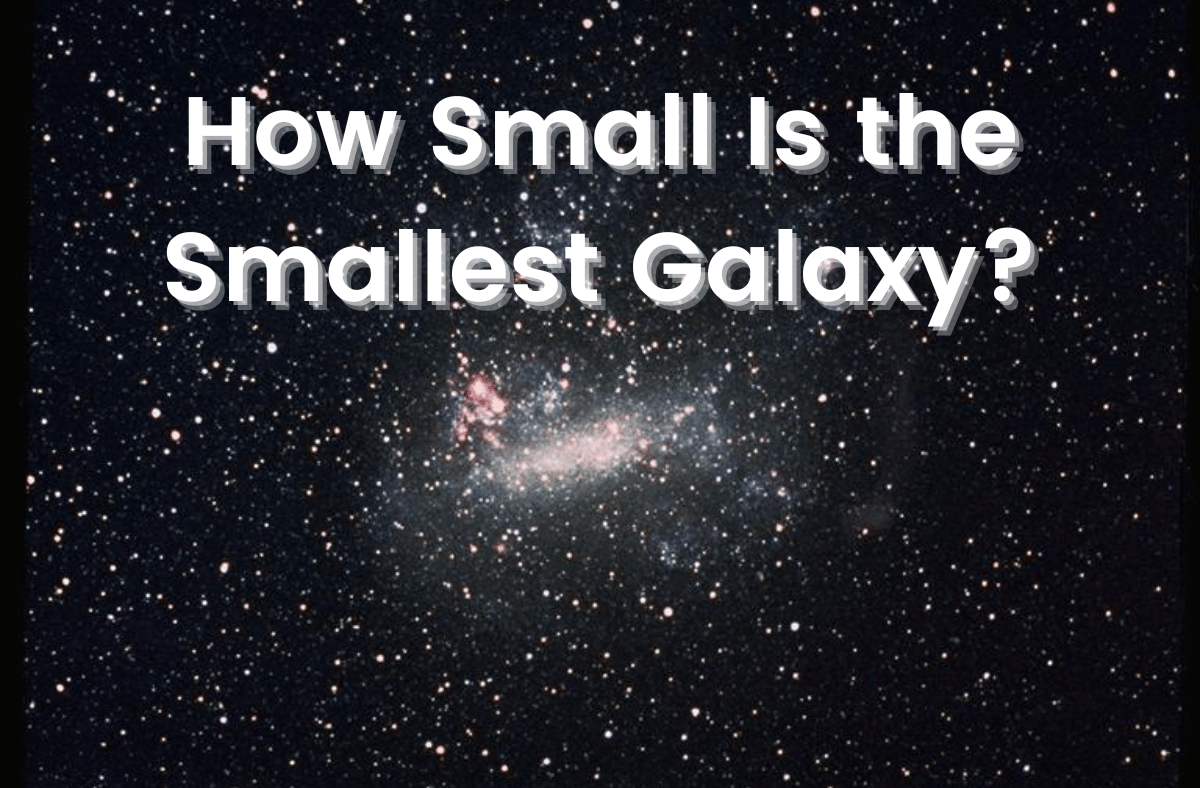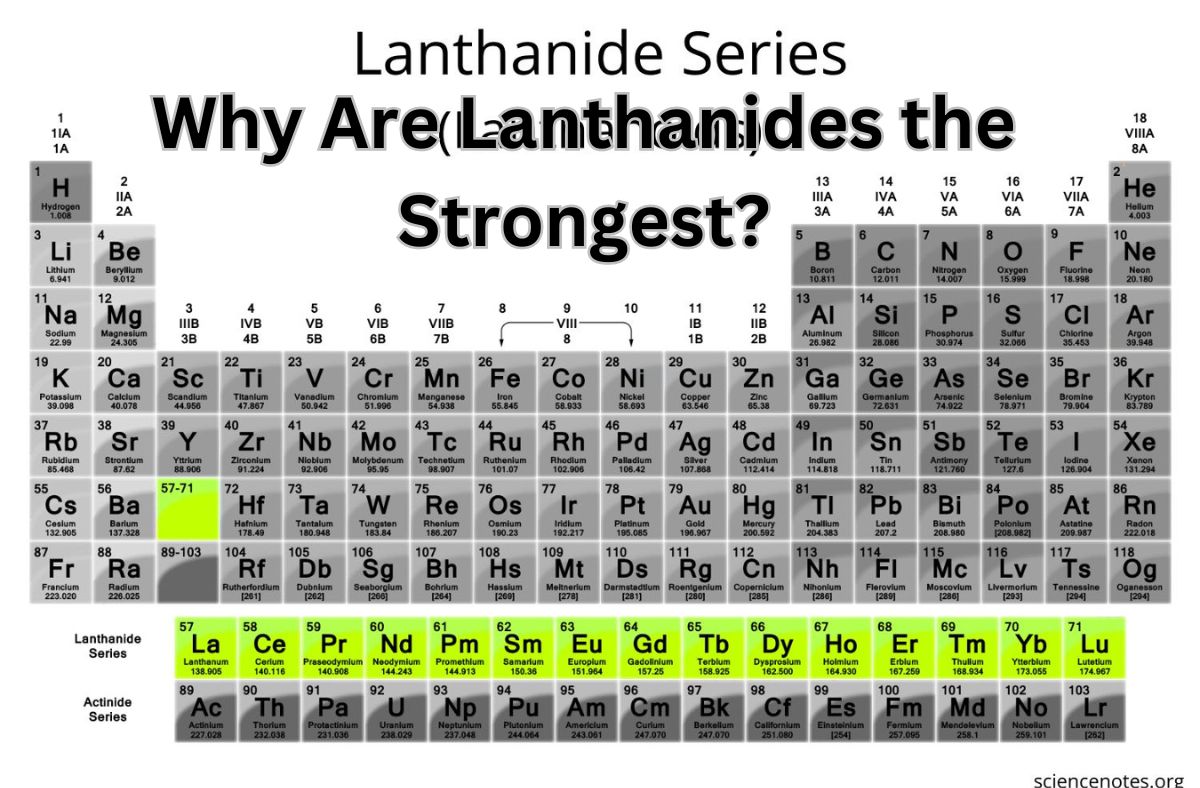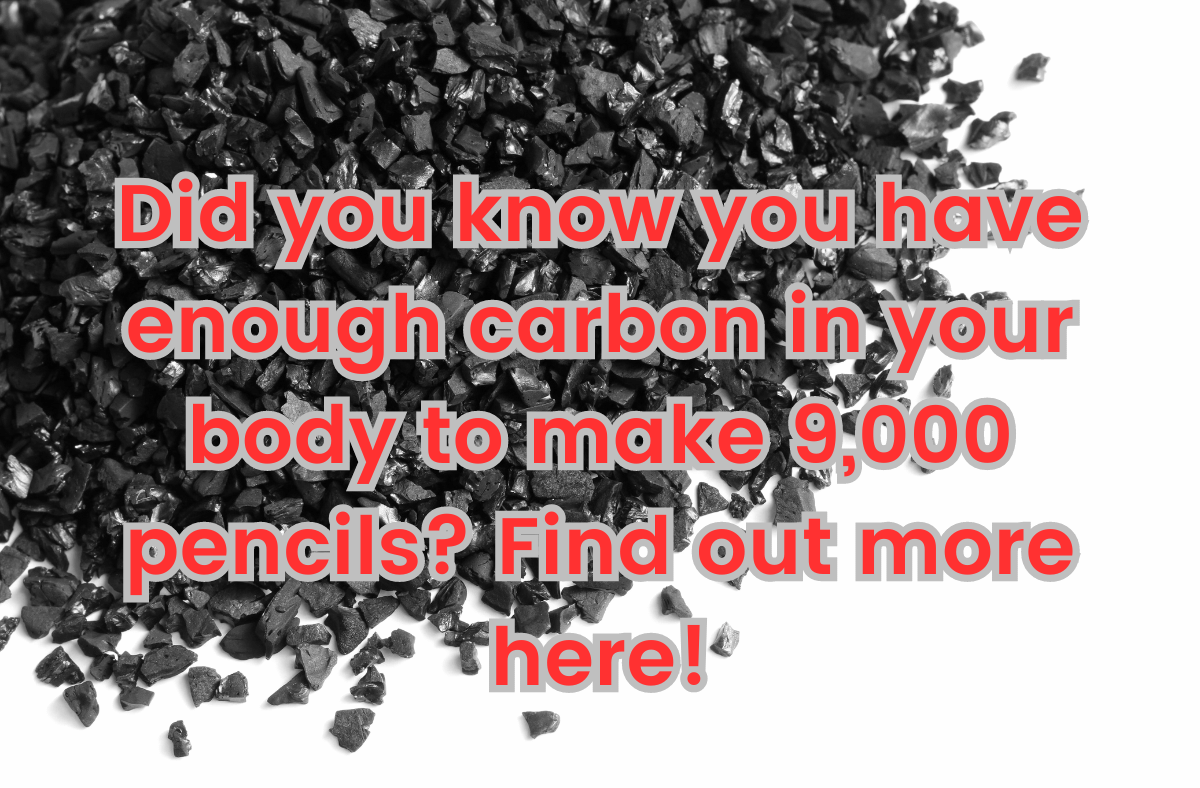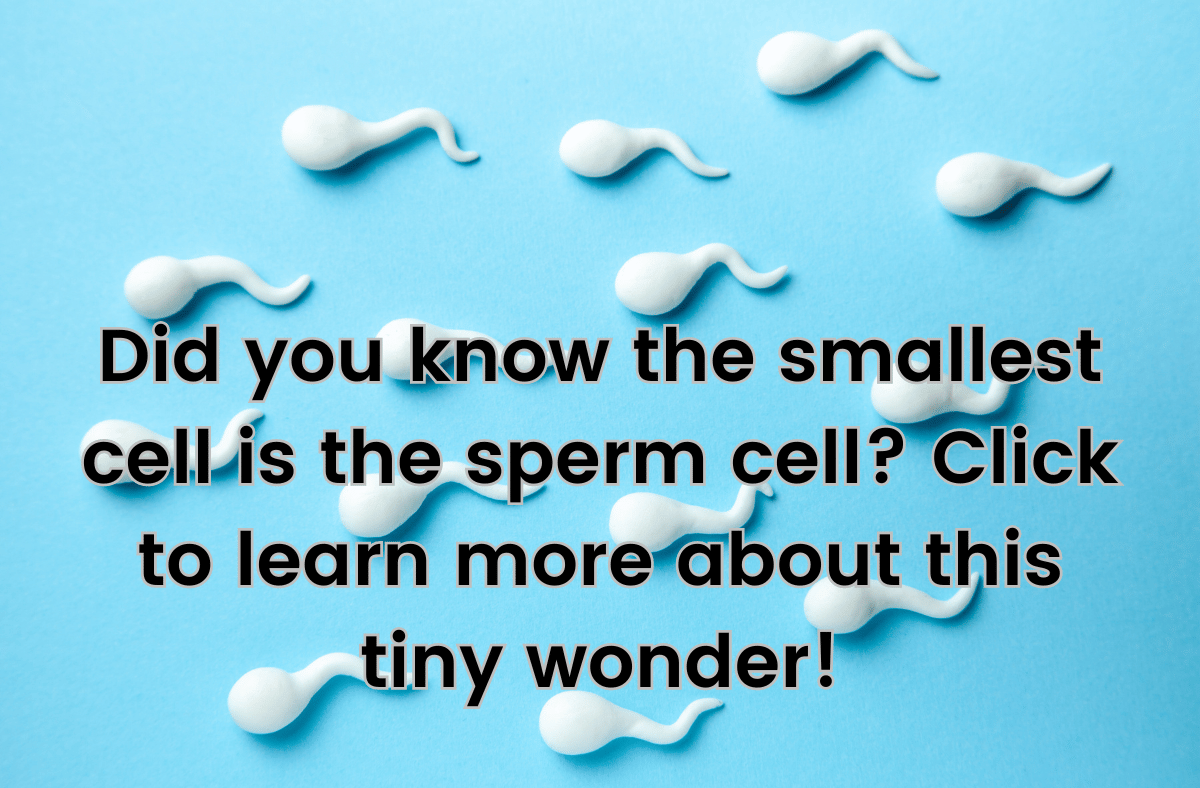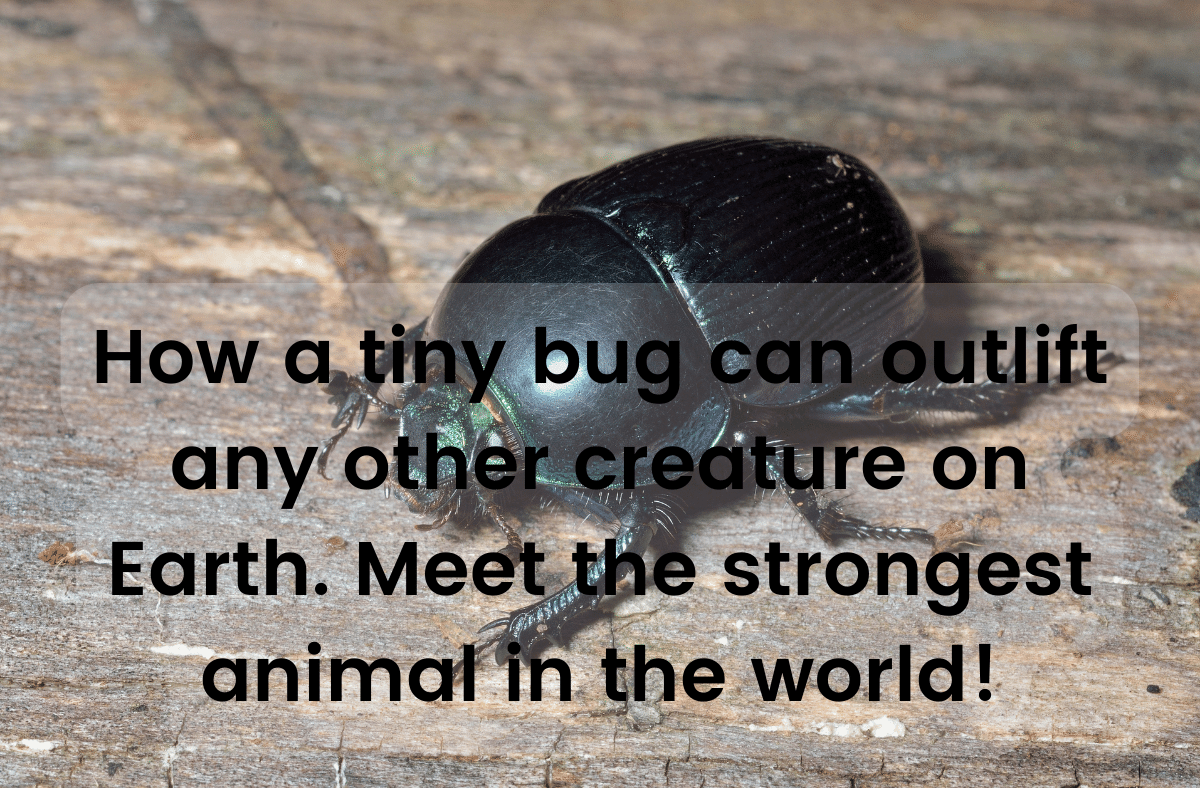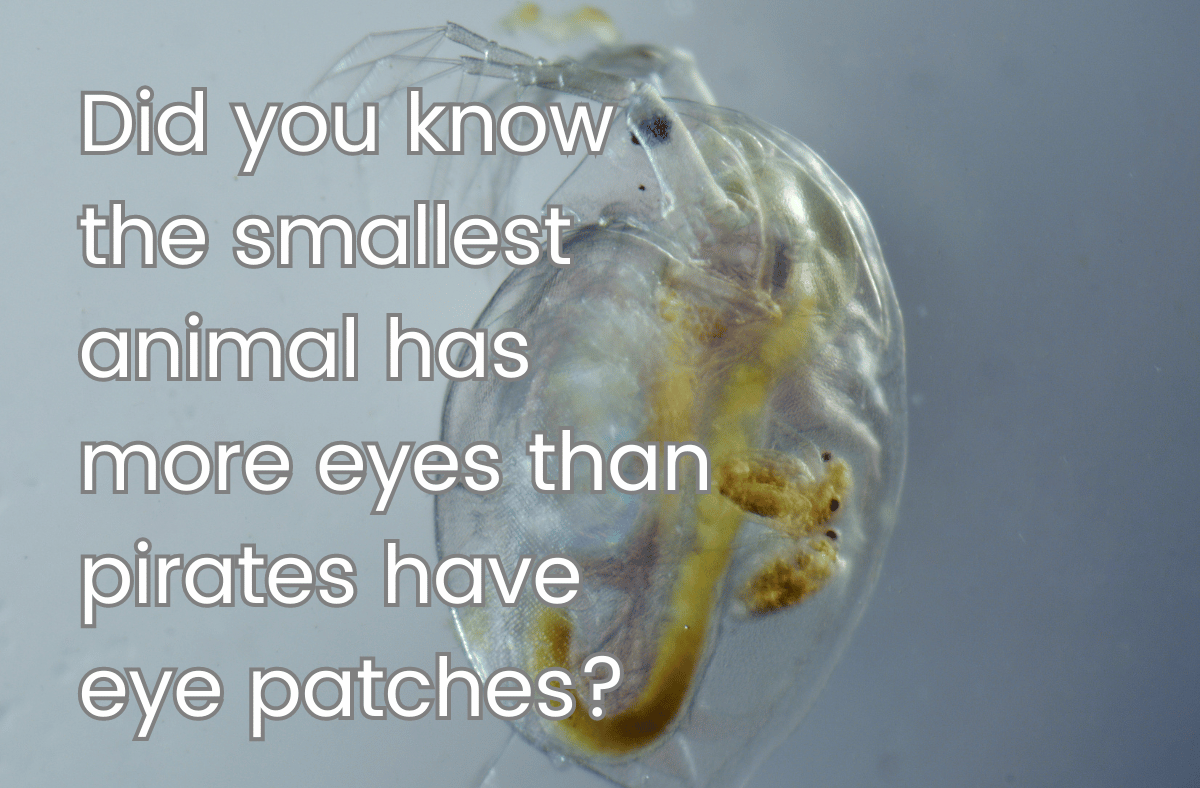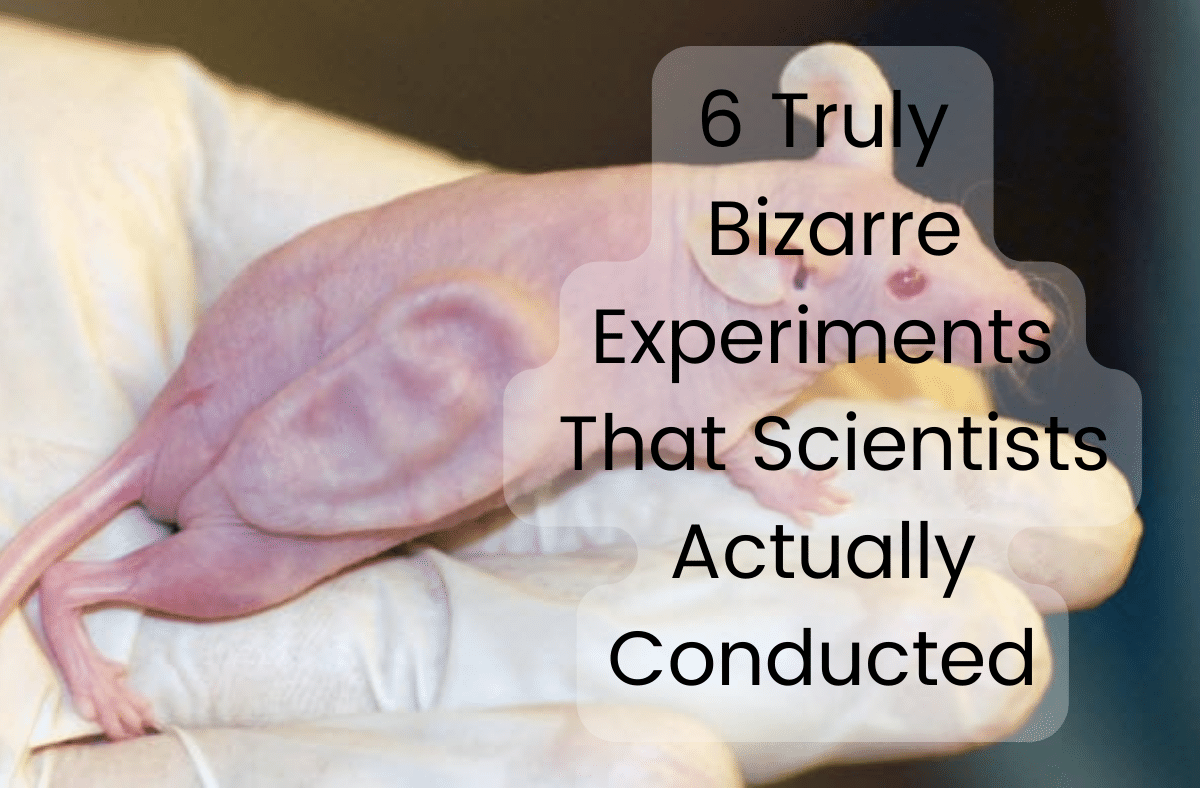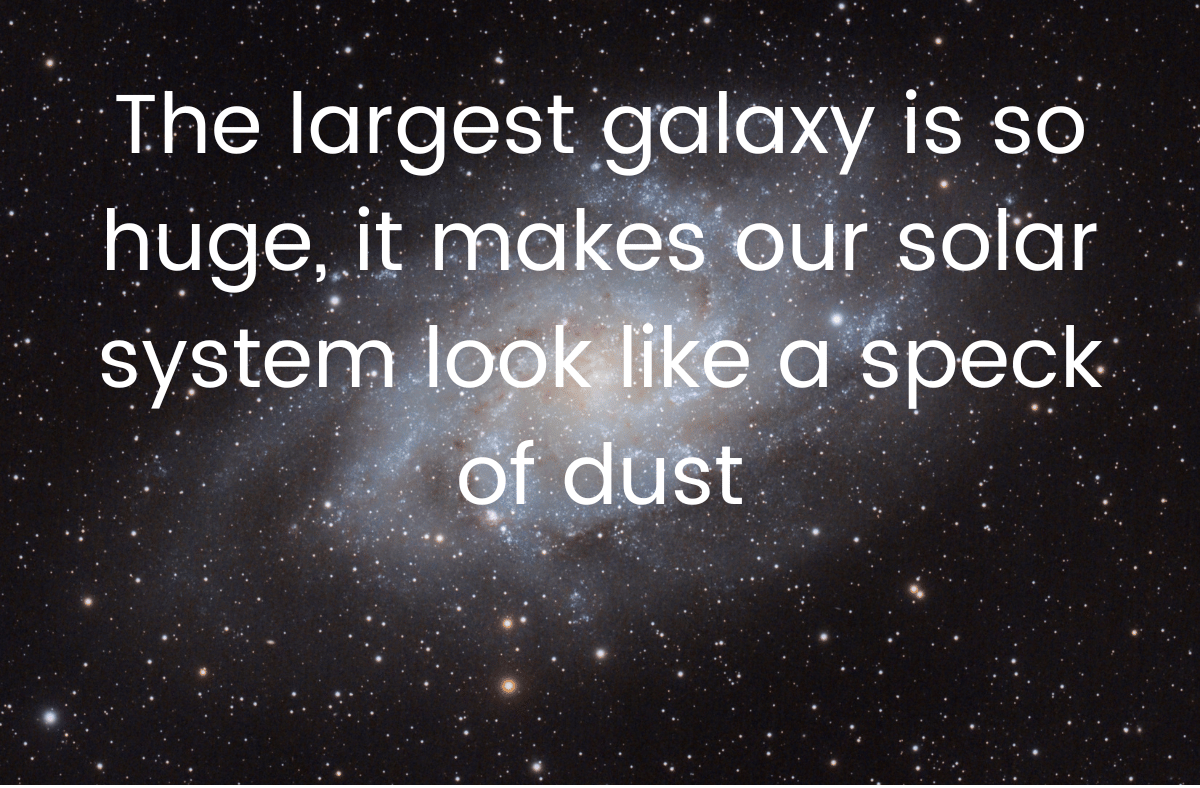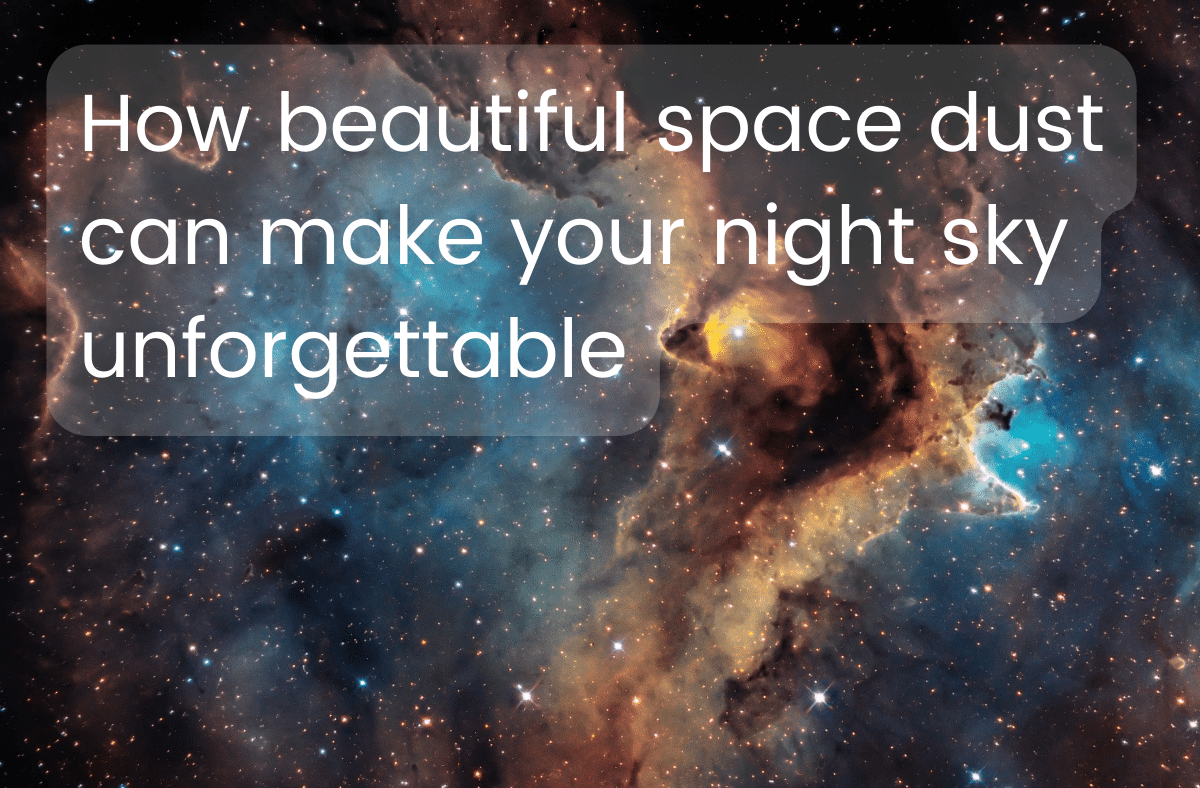For those in a hurry
- The human brain is only 2% of your body weight, but it uses 20% of your oxygen and calories.
- The brain needs a lot of energy to power its billions of neurons and glial cells.
- The brain gets its energy from glucose, which comes from the food you eat.
- The brain also needs oxygen to burn glucose and produce energy.
- The brain has a high metabolic rate, which means it consumes energy very fast.
- The brain is very sensitive to changes in glucose and oxygen levels, and can suffer damage if deprived of them.
Why does the brain need so much energy?
The human brain is an amazing organ that controls all your thoughts, feelings, actions, and memories. It is also very hungry for energy. The brain is only 2% of your body weight, but it uses 20% of your oxygen and calories. That’s like a small light bulb burning constantly in your head.
The brain needs a lot of energy to power its billions of neurons and glial cells. Neurons are the cells that communicate with each other using electrical and chemical signals. Glial cells are the cells that support and protect neurons. Both types of cells need energy to perform their functions.
The brain gets its energy from glucose, which is a simple sugar that comes from the food you eat. Glucose is carried by the blood to the brain, where it is used by the cells to produce adenosine triphosphate (ATP), which is the molecule that stores and transports energy.
The brain also needs oxygen to burn glucose and produce ATP. Oxygen is also carried by the blood to the brain, where it is used by the cells to create energy through a process called cellular respiration.
How does the human brain consume energy?
The brain has a high metabolic rate, which means it consumes energy very fast. The brain uses about 25% of your resting metabolic rate, which is the amount of energy you use when you are not doing any physical activity. The brain uses about 6 calories per hour per 100 grams of tissue, which is more than any other organ in your body.
The brain consumes energy even when you are sleeping or doing nothing. This is because the brain is always active, processing information, maintaining homeostasis, and generating dreams. The brain consumes more energy when you are awake, alert, and engaged in mental activities, such as learning, problem-solving, or creativity.
The brain consumes energy differently depending on which regions are more active at a given time. For example, when you are reading this article, your visual cortex (the part of your brain that processes vision) and your prefrontal cortex (the part of your brain that controls attention and reasoning) are using more energy than other parts of your brain.
Human Brain: What happens if lacks energy?
The brain is very sensitive to changes in glucose and oxygen levels, and can suffer damage if deprived of them. If the blood supply to the brain is interrupted for more than a few minutes, such as in a stroke or a cardiac arrest, the brain cells can die from lack of oxygen and glucose. This can cause permanent neurological impairments or death.
If the blood glucose level drops too low, such as in hypoglycemia or starvation, the brain cells can also die from lack of energy. This can cause symptoms such as confusion, dizziness, weakness, seizures, or coma.
To prevent these situations, the brain has mechanisms to regulate its energy supply. For example, when the blood glucose level falls below a certain threshold, the brain signals the body to release hormones that increase glucose production and release from the liver and muscles. When the blood oxygen level falls below a certain threshold, the brain signals the body to increase breathing and heart rate to deliver more oxygen to the brain.
Conclusion
The human brain is an incredible organ that requires a lot of energy to function properly. The brain uses 20% of your oxygen and calories to power its billions of cells that control all your mental processes. The brain gets its energy from glucose and oxygen that are delivered by the blood. The brain has a high metabolic rate and consumes energy even when you are resting or sleeping. The brain can suffer damage if it lacks glucose or oxygen for too long. To avoid this, the brain has mechanisms to regulate its energy supply.





